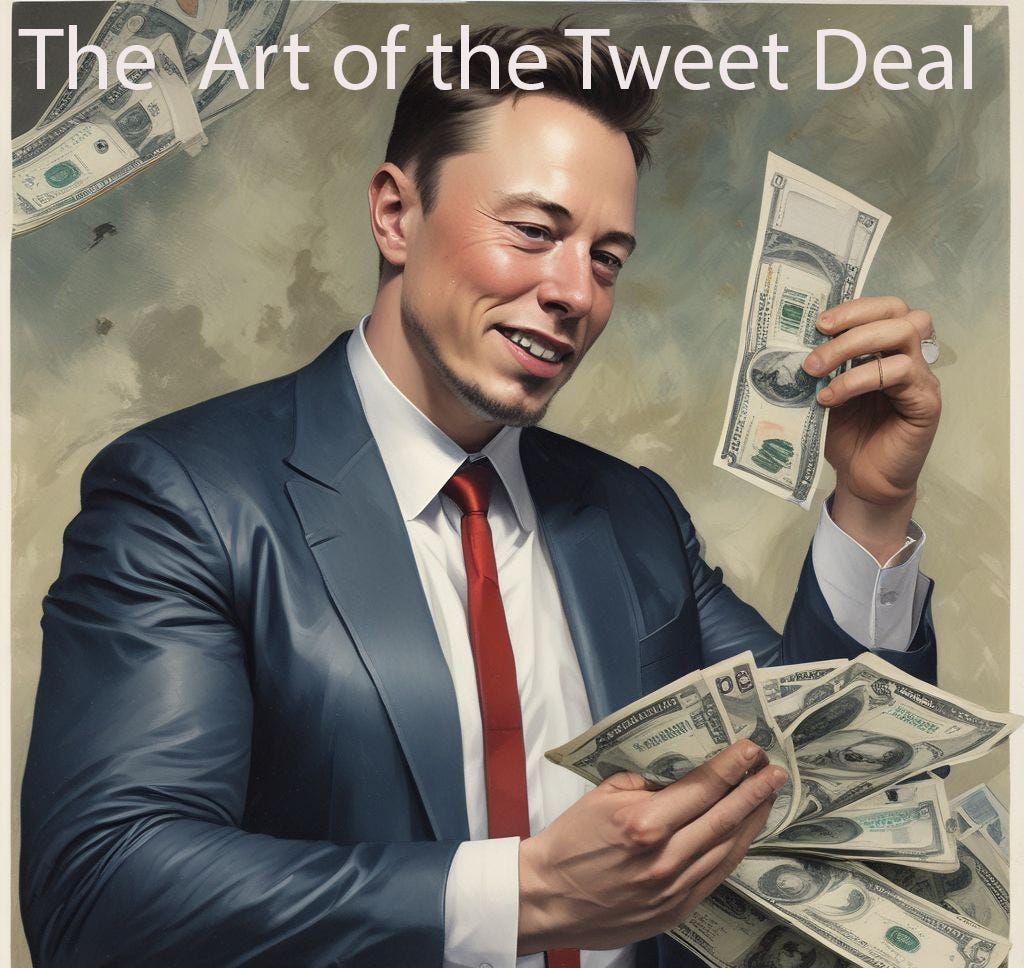November 9, 2024, Vol. 2, Issue 47
Cite as: Coleman, Anita S. (2024, November 9). Restoring Trust: The Fourth Estate. Infophilia, a positive psychology of information, 2 (47).
✨Welcome, new readers, to Infophilia—a space for exploring how a positive psychology of information, or infophilia—our human affinity for knowledge and connection—can help us all thrive, individually and collectively. I'm thrilled to learn about the unique connections new readers bring to information styles, a love of books, diverse cultures, gardens, technology, and more—creating a shared vision of a “grand” theory of information! You can browse the Archive to see the complete collection of my writings (both open access and paywalled). And to all returning readers, welcome back! 🤗 Feel free to reach out anytime with ideas, writings, or questions.
➡️If you need a refresher on knowledge resistance, check out this video short (tips are in the description) or read the essay here.
🧠This resistance to credible information has, over recent decades, contributed to a decline in trust toward some of our core democratic institutions. 🤝But here’s the good news: each of us has the power to help bring that trust back—through our everyday actions, conversations, and information choices.
🪞Infophilia, we’ve seen, offers a way forward. Adaptive infophilia encourages us to approach looking for information with intentionality, curiosity, and open-mindedness. By developing intentional information habits we can help rebuild our own trust in the institutions that underpin democracy.
🪬I’d love to hear from you! Please consider taking a few moments to participate in one or both of these quick polls on democratic institutions and your personal information style. I present this invitation first. Then, we’ll dive into a discussion on the Fourth Estate—the media and press—using the case of Elon Musk’s Twitter vs. Substack. We’ll close with Wealth Watch, Wellness Wisdom, and Your 5-minute AI. These sections allow us to see how information in financial markets and technology can shape our perception and interaction with the world—valuable insight for cultivating a healthy information lifestyle.
📝I wanted to share SearchGPT and Perplexity.ai in their own “factcheck” voices in Notes, but it became too long. Email me, if interested.




